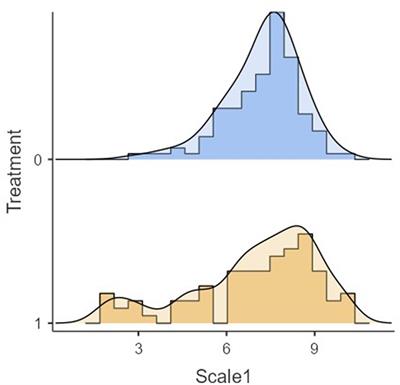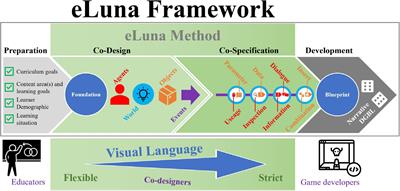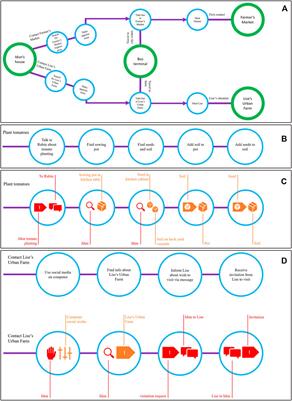EDITORIAL
Published on 29 Apr 2024
Editorial: Games-based learning for social change
doi 10.3389/feduc.2024.1403695
- 523 views
3,646
Total downloads
24k
Total views and downloads
EDITORIAL
Published on 29 Apr 2024
ORIGINAL RESEARCH
Published on 26 Apr 2024

ORIGINAL RESEARCH
Published on 24 Jan 2024

ORIGINAL RESEARCH
Published on 18 Jan 2024

ORIGINAL RESEARCH
Published on 21 Feb 2023

ORIGINAL RESEARCH
Published on 08 Dec 2022

ORIGINAL RESEARCH
Published on 14 Jan 2022

